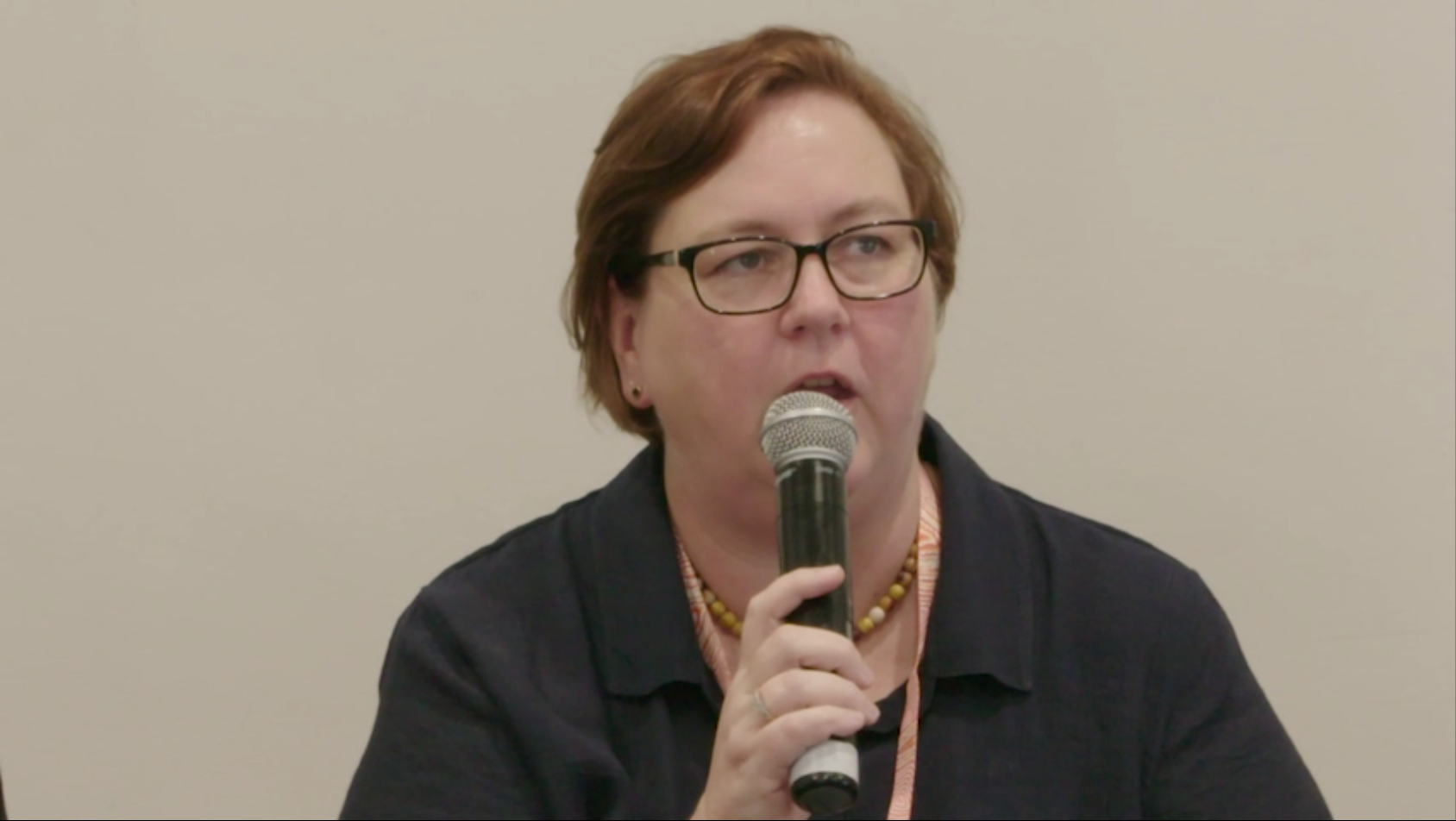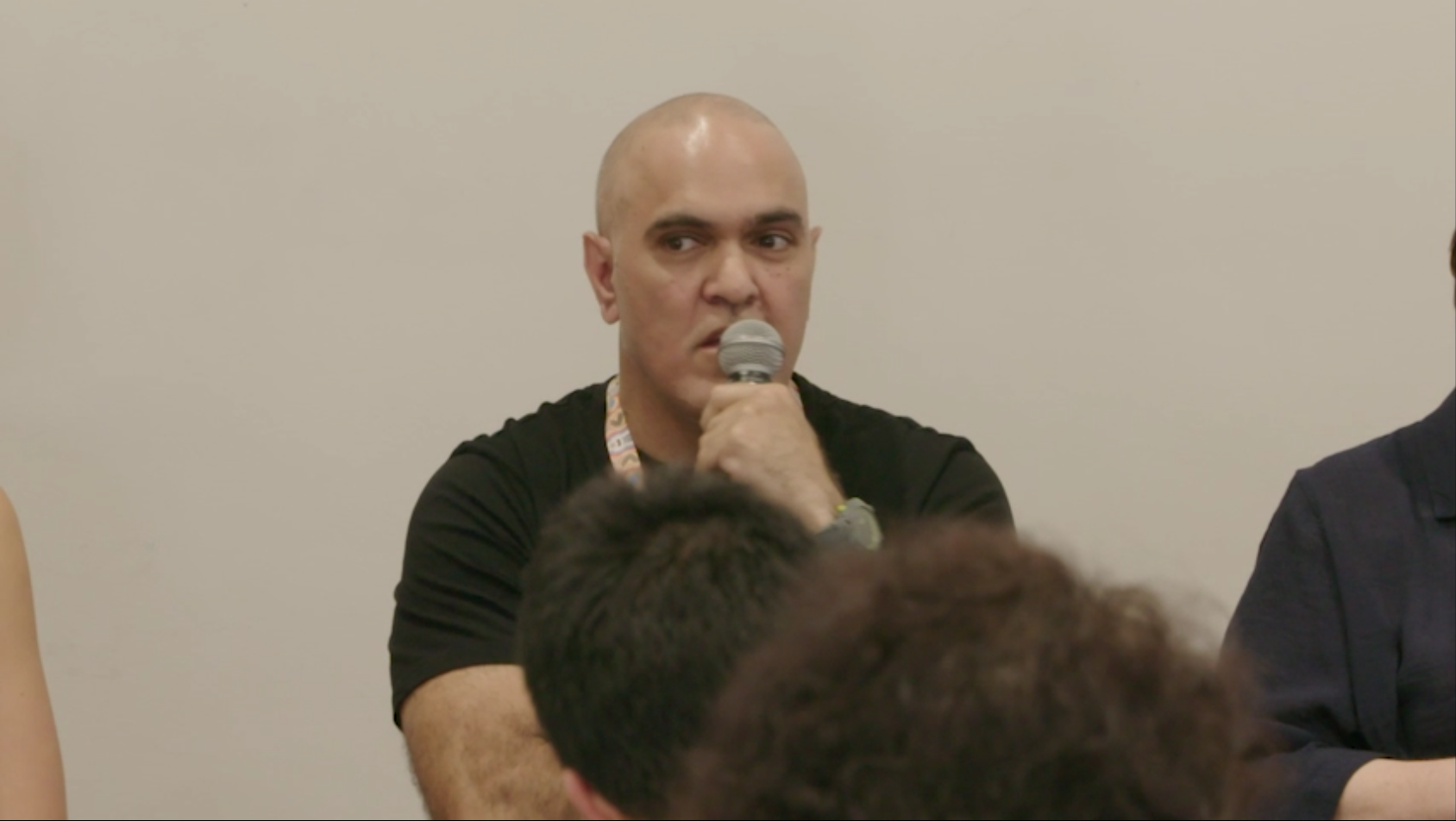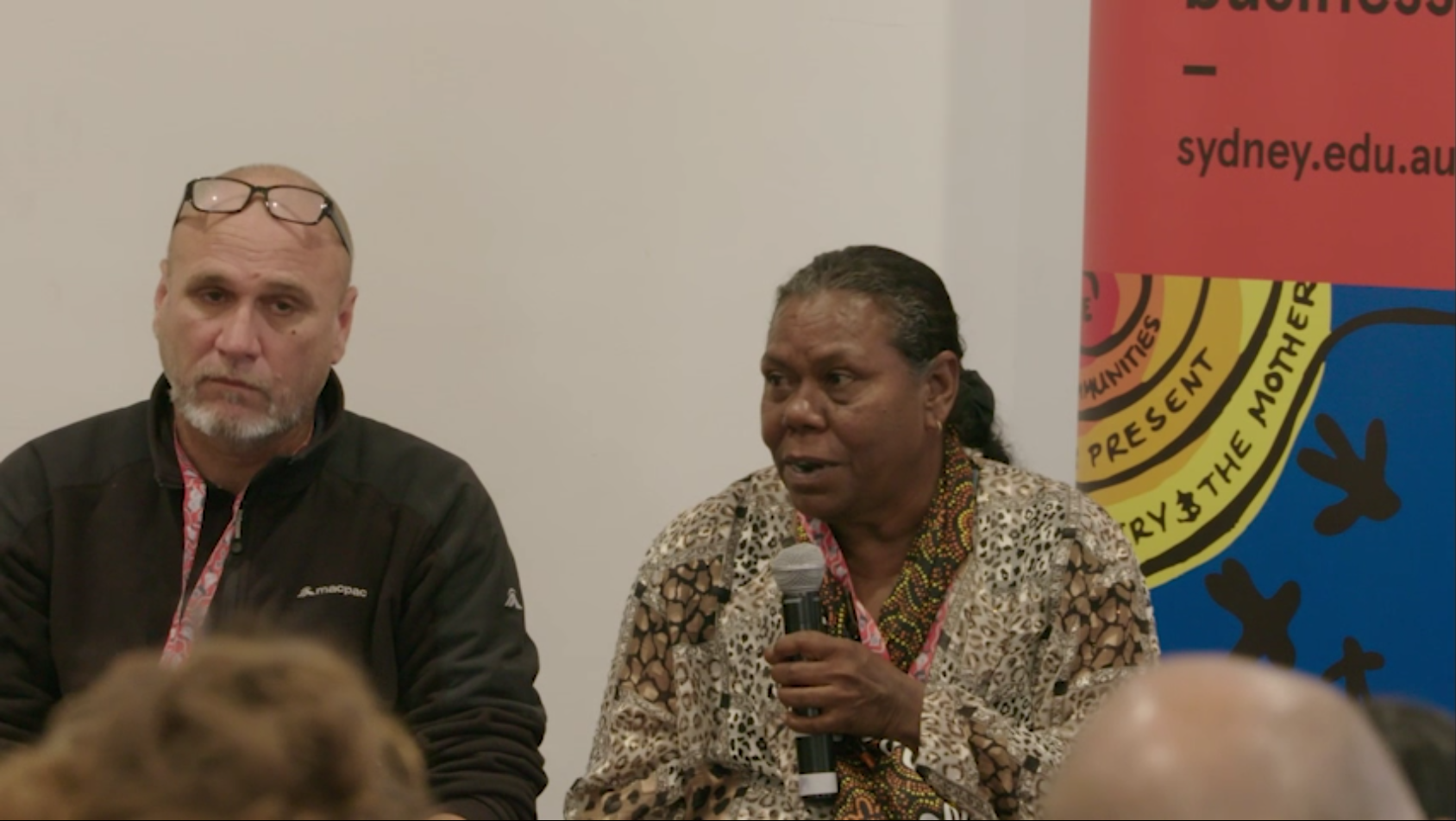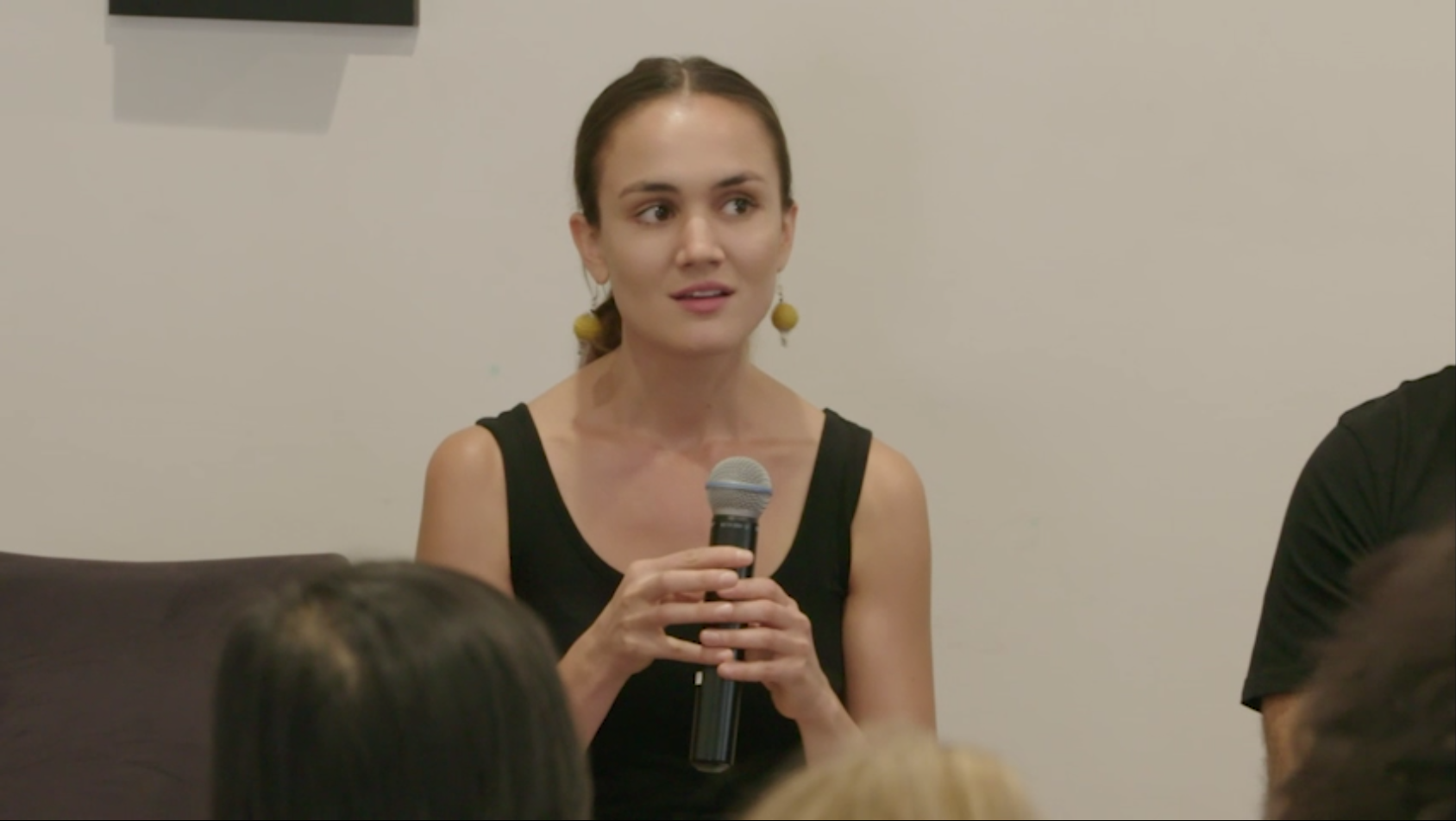-
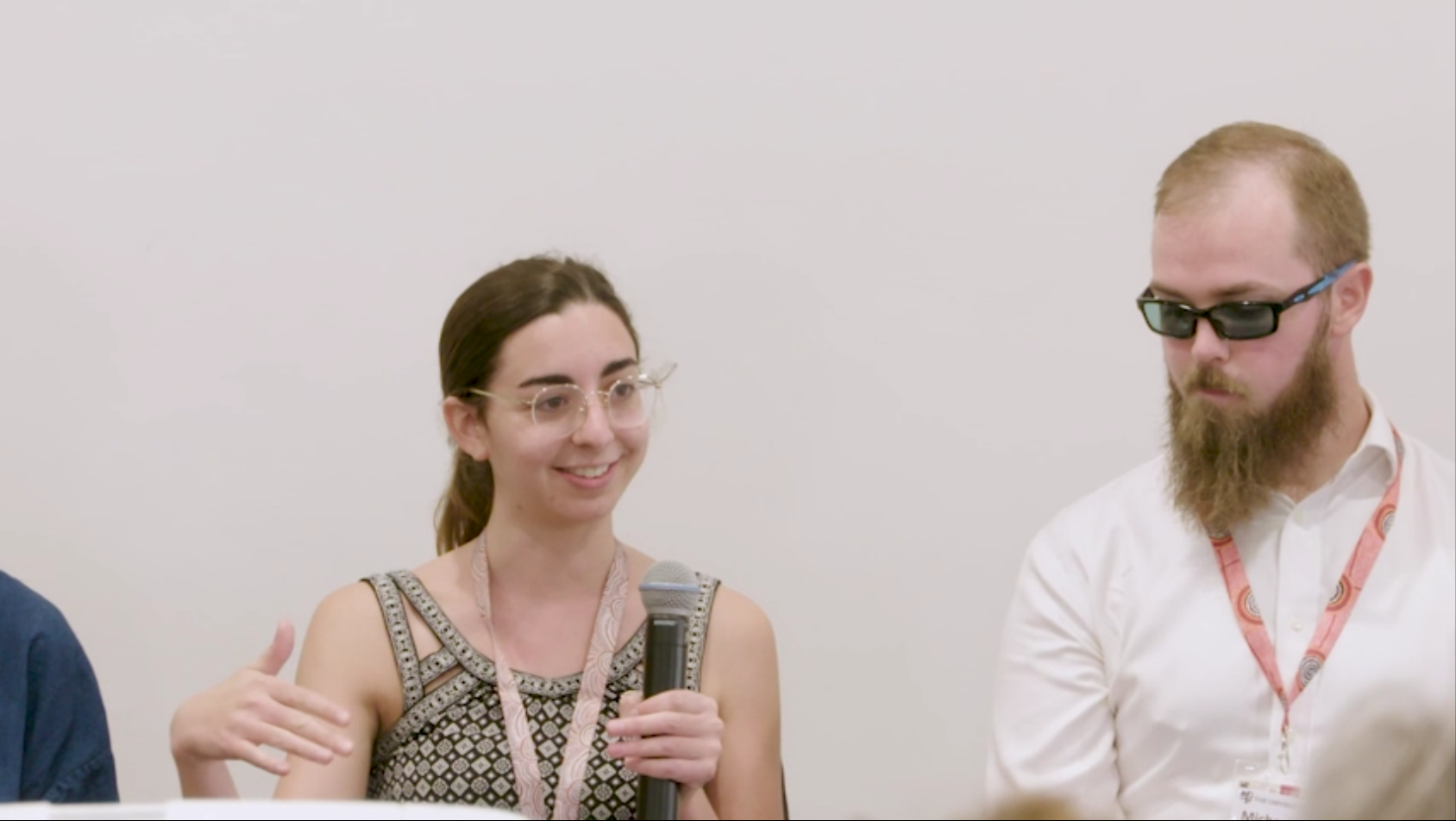
Anna Pasouri, Student
Bachelor of Architecture and Environments.
-
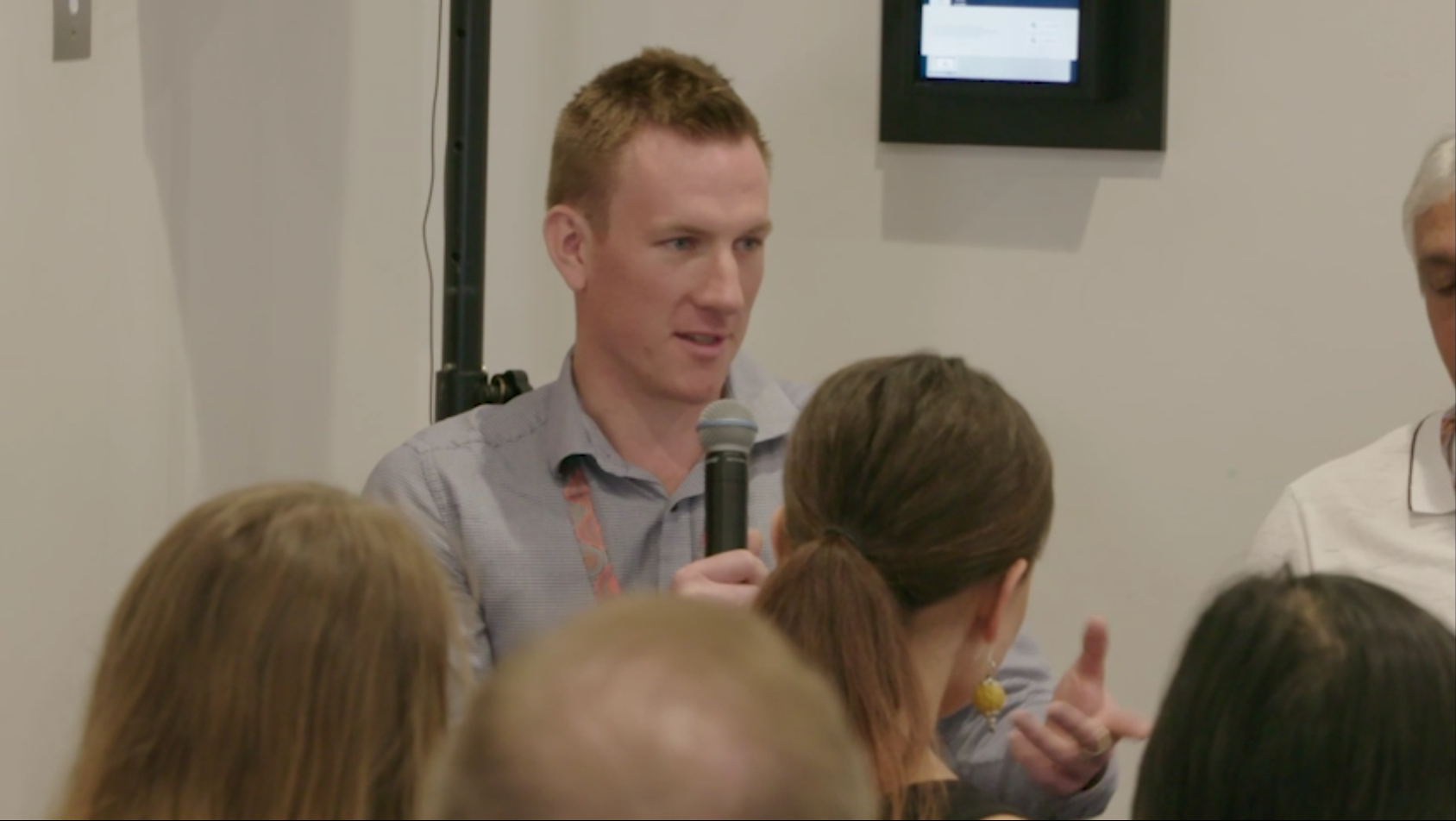
David Astalosh, Community
Grants and Policy Coordinator, Tiwi Islands Regional Council.
-
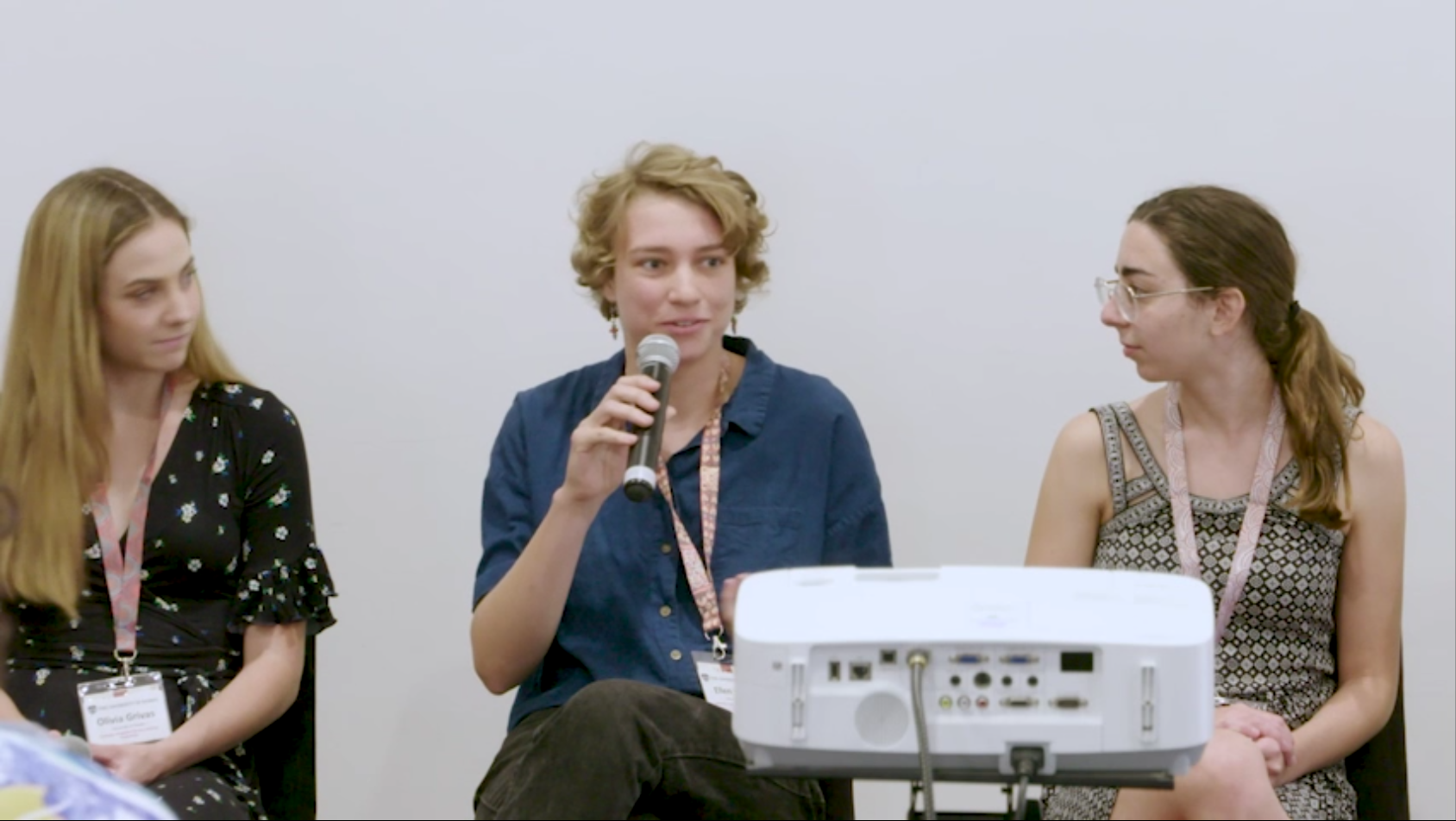
Ellen Bourke, Student
Bachelor of Science/Arts
-

Des Jones, Community
Chairperson, Murdi Paaki Regional Assembly
-

Garwin Tipiloura, Community
Mayor, Tiwi Islands Regional Council
-

Grace Gordon, Community
Co-chair, Brewarrina Working Party
-
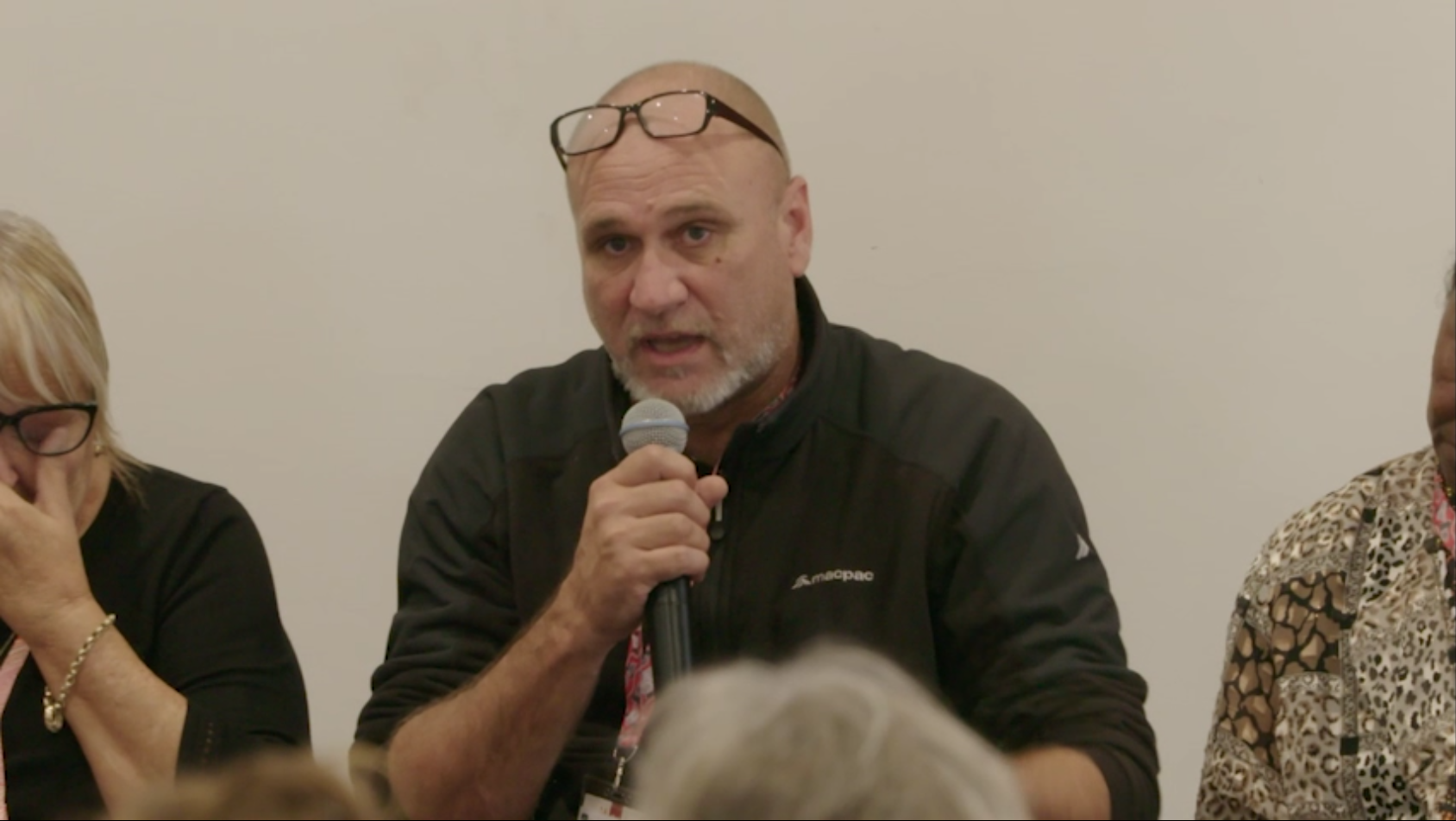
Jason Ford, Community
Co-chair Brewarrina Working Party
-
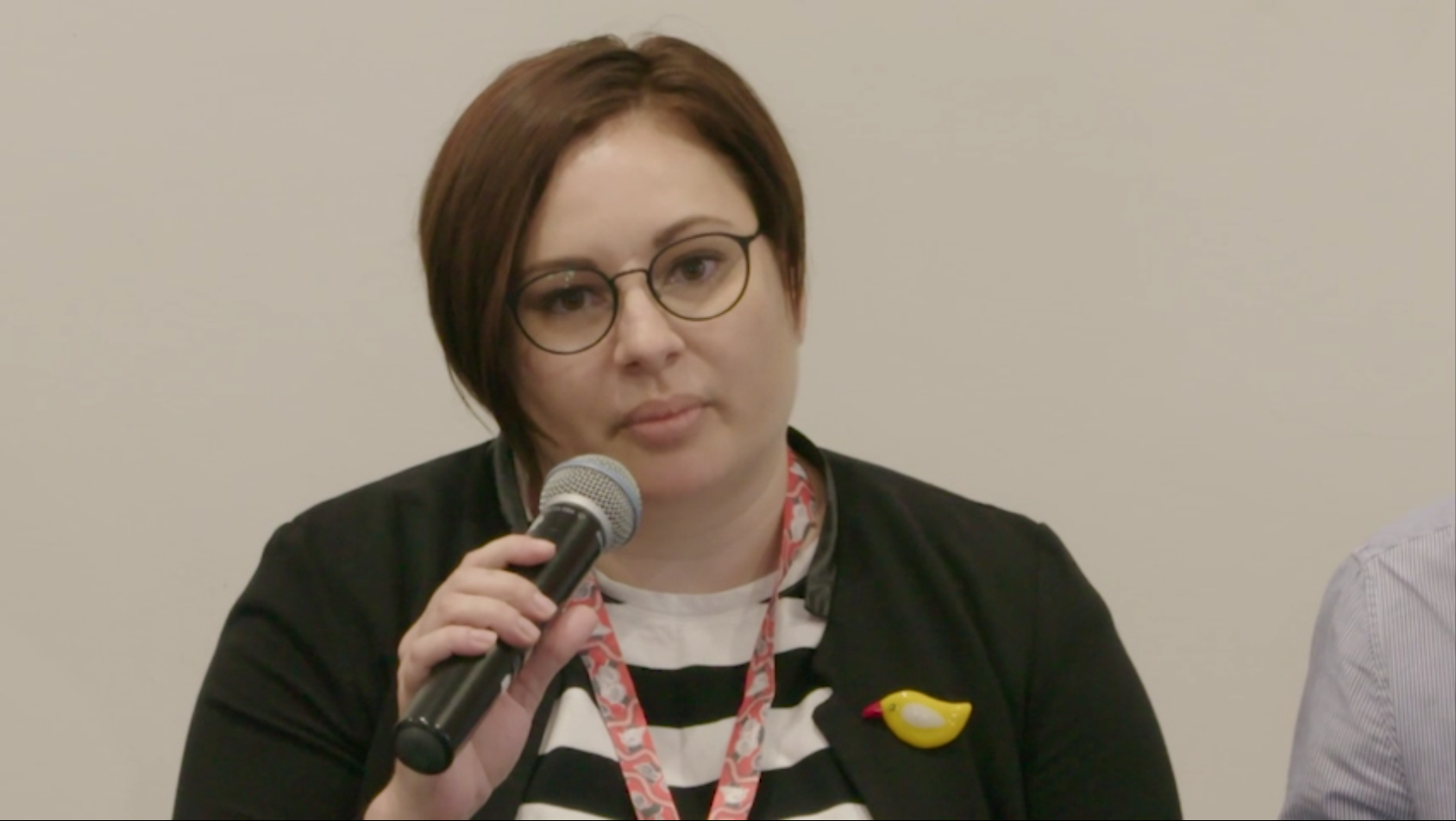
Kalinda Griffiths, Academic
Epidemiologist UNSW
-

Marion Scrymgour, Community
CEO Tiwi Islands Regional Council
-
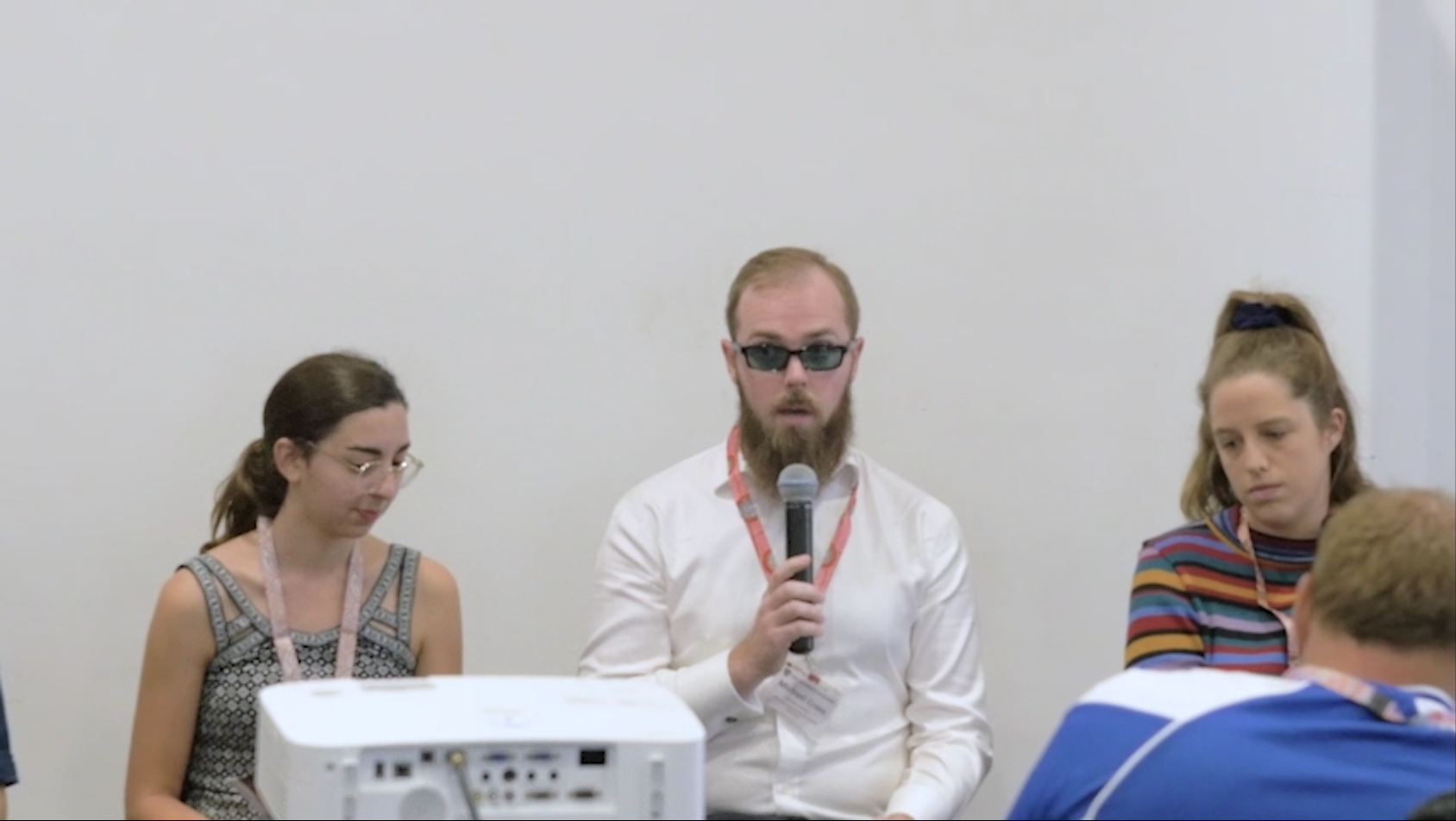
Michael Cross, Student
Bachelor of Electrical Engineering
-

Michael Johnston, Student
Masters of Human Rights
-

Dr Petr Matous, Academic
Associate Dean, Indigenous Strategy and Services School of Civil Engineering
-
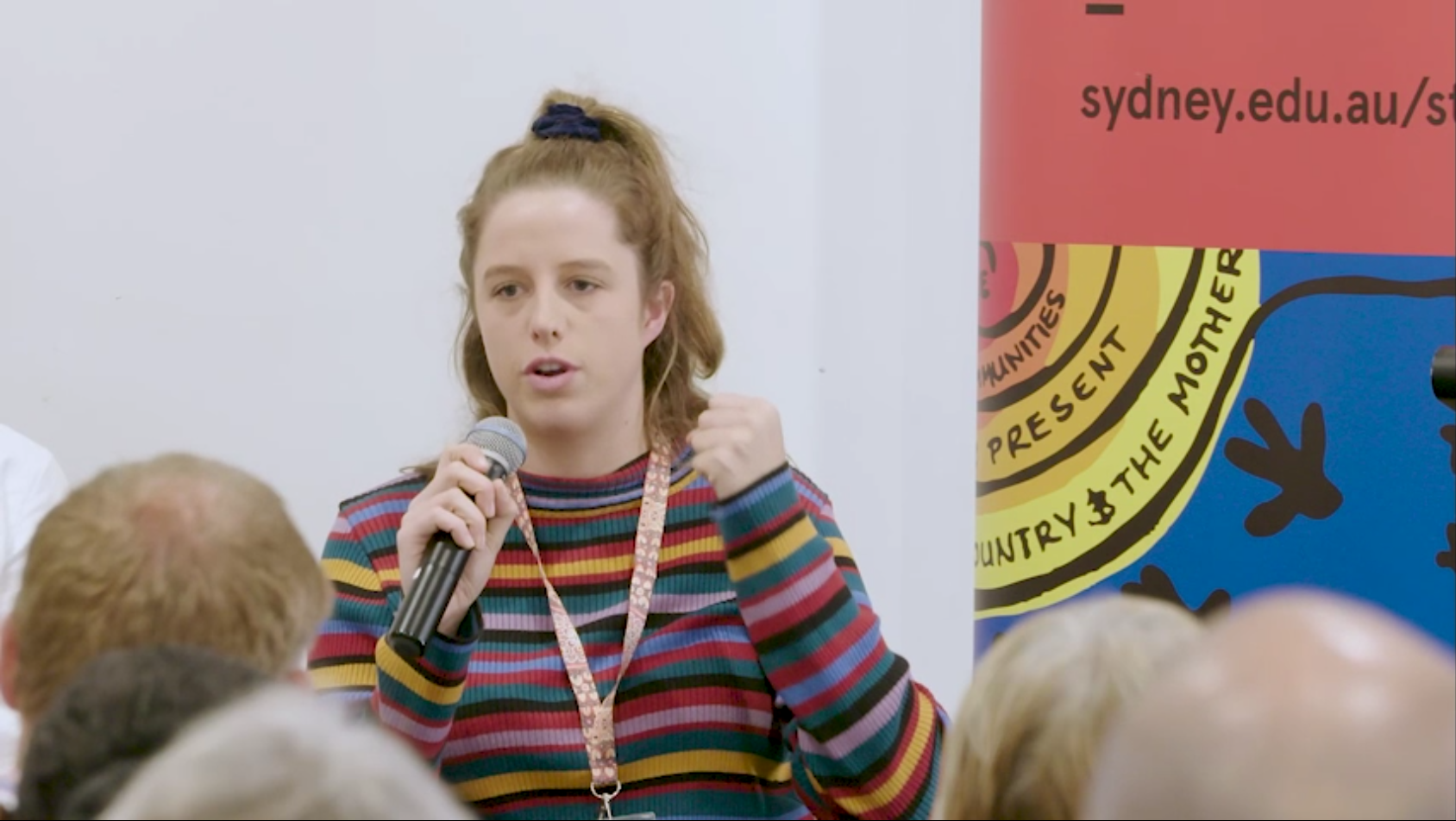
Rose Hartley, Student
Bachelor of Psychology and Sociology

